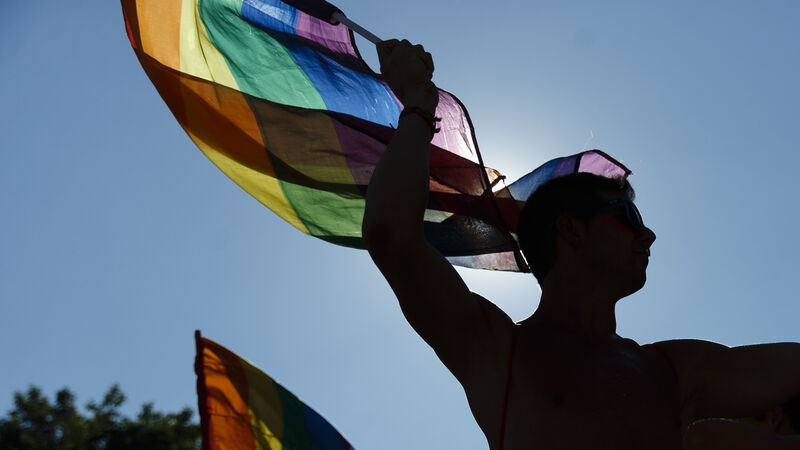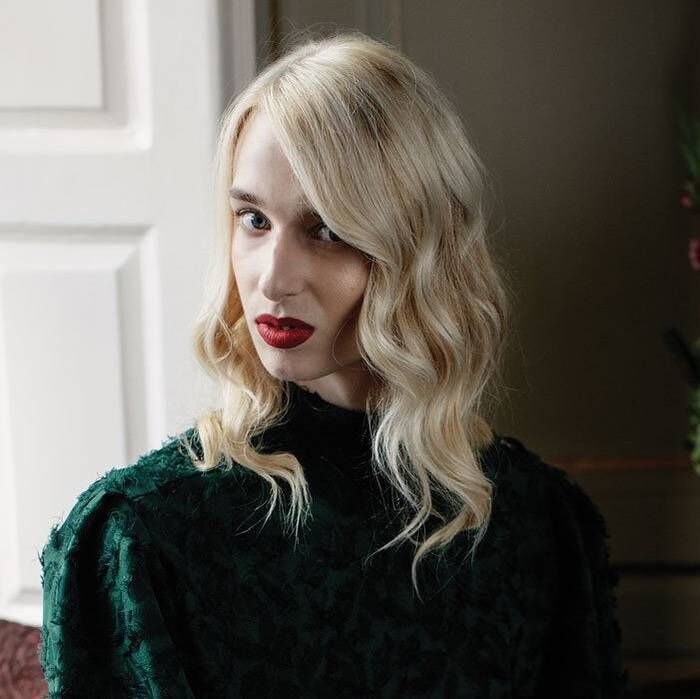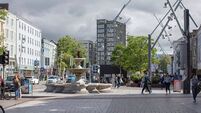Laylah Beattie: Ireland has transformed itself when it comes to gender recognition

Laylah Beattie: "Worldwide there are many trans actors, many TV shows with trans storylines. There is a diverse range of trans people being represented in the media." Picture: AP Photo/Daniel Ochoa de Olza, FILE
I was 17 years of age, watching a documentary on my laptop when the realisation hit me. I was a girl, and I’d been one all my life.
This realisation, unsurprisingly brought with it a number of emotions, the main one being desperation. I was desperate for this to be remedied. I’d lived my entire life as a boy and it was wrong. I turned to where every teenager goes in times of confusion. The internet.
I googled a number of phrases:
“Transgender Ireland" showed me news articles, of people advocating for trans rights. I was interested, but it was a bit soon to be researching the rights that were being kept from me.
“What to do if you’re transgender in Ireland” showed me support groups. Maybe someday, but not yet. It told me to talk to my GP. That was all well and good, but I hadn’t even told my family yet. How could I speak to a GP?
Deciding to ditch the “Ireland,” I googled what to do if you’re transgender. There were many articles and resources now, but they were all linked to the NHS or the American healthcare system. Every piece I looked at seemed to contradict another.
I felt I had nowhere to turn within my own country. Not even anyone to look up to. Every story I was reading was incredibly sad and discouraging. Which is reality. There were many difficulties facing Irish trans people at the time. There still are many difficulties. But it wasn’t what I needed to see setting out on this journey.
When I now look through the archives of the HSE website (meaning I’m viewing the website as if it was 2015), I see why I couldn’t find anything. When I type transgender in the search bar, it yields nothing.
In the end, I could only find a website where men dressing as women were sharing their tips. I was a 17-year-old reading the words of crossdressers, comparing notes about how exciting their dirty little secret was. Their joy at going out in the world and not being spotted.
There were pictures uploaded of men with their hairy legs in fishnets and thongs. This wasn’t what I wanted. I didn’t want to hide.
I remember one page in particular that I stumbled upon while trying to find resources on dressing femininely. I wanted to know how to wear skirts and dresses. How did trans women achieve this?
Instead, I found a crossdresser describing his first experience of wearing panties. I didn’t feel like these people at all and this was the only Irish-based resource that was available to me.
When I first started writing public essays and doing media at 18, I wanted to simply represent an Irish trans person telling their story. You couldn’t see that back then and I found that quite distressing. I knew what being transgender was.
I basically knew what my new life would involve, but I couldn’t see anyone who’d got there, or who was getting there. It made me feel lost, alone, hopeless. Nowadays the representation for young people is so much better.
I’m delighted to see that there’s now a national gender service website with every bit of information you need about accessing healthcare. I’m thrilled that when I google transgender Ireland, there are interviews, stories, lists of inspirational people.

I’m so glad to see how many more resources and services have developed in the seven years since I sat in front of my laptop, hopelessly googling.
I must say how privileged I am to be surrounded by loving people, to be supported by my family and friends. Every now and again, a situation in the media like the recent Liveline debate comes my way. I can’t express how horrifying it is to hear people suggesting I’m wrong for my existence. I’ve never felt wrong, except when I lived as a boy.
I’m glad there’s been pushback to the show. I hope there’ll be consequences. I used to think progress is a one-way street. But the worldwide events of the past few years have shown me that’s not true.
I get through the fear by focusing on my lived experience. I experience kindness and tolerance every day, from strangers and from loved ones. No matter what stage I was at in my transition, there was always more good than bad. I remind myself of this every time I hear of opposition to trans people’s existence.
Worldwide there are many trans actors, many TV shows with trans storylines. There is a diverse range of trans people being represented in the media. I think how lucky the youth of today are, but I can’t help but feel a tiny bit sad for my younger self.
Every year, on trans day of visibility, I feel overwhelmed by how much representation I see in the mainstream media. I’m so glad that things have moved on. I’m so hopeful and encouraged for those following me. I’m relieved that the world is a better place for them than it was for me.





